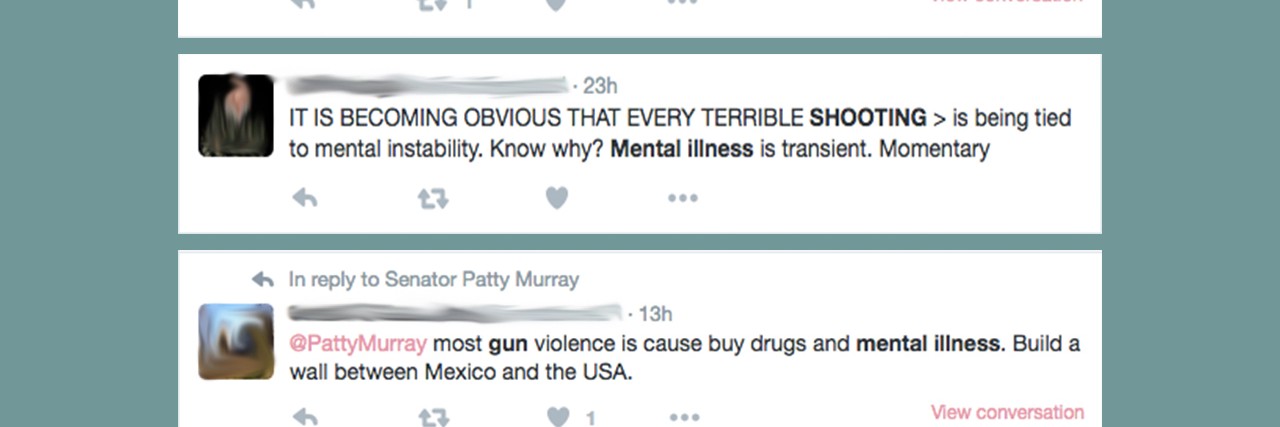Without fail, every time my phone chimes with a breaking news alert, I automatically stop and say to myself, “Please do not let there be another mass shooting” followed by “or murder-suicide.” The majority of the time, the alert is something political, global or celebrity gossip. But on Tuesday, as I walked out of a certification seminar on Mental Health First Aid for youths (of all things), I got the dreaded breaking news alert that a shooting took place on the UCLA campus.
I immediately hoped for the best and prayed for no injuries or fatalities, but soon enough a follow-up alert confirmed what I really didn’t want to hear. This was a murder-suicide. Not that any type of crime-related fatality was OK, but incidents like this present a major setback for those of us facing a mental illness because it further fuels the stigma.
I think back to the day after I gave birth to my youngest child. As I lay in a hospital bed recuperating and snuggling with my sweet, new baby, a breaking news alert flashed across the TV screen indicating that a shooting had taken place in an elementary school in Sandy Hook. Glued to the screen, I watched as within minutes, and without knowing the facts, talking heads argued gun control vs. mental illness while families were mourning the loss of the most innocent of souls. In the days following news outlets scrolled “mental illness,” “medication,” “better background checks” and more. That’s not to say the callous murderer didn’t have one or multiple diagnoses. But headlines like these confuse people who don’t understand mental illness.
Mental illness does not mean a person will commit murder or murder-suicide. A handful of individuals who act criminally are not indicative of the entire population who have dealt a mental health episode. With one in four adults experiencing some form of mental illness over the span of their lifetime, whether it be anxiety, depression, post-traumatic stress disorder, postpartum depression and so on, we are not a dangerous population.
As someone who has experienced anxiety and depression, harming another is not something I or anyone I interact with would even consider. The majority of mental health advocates I’ve encountered have some experience with periodic or chronic mental illness, but harming others would never cross their minds. If anything, we’re the opposite;
we want love and compassion and to keep others happy.
I’m tired of hearing people steer clear of someone who has openly acknowledged they have a mental illness out of their own fear of being associated with someone who “has the potential to harm others.”
I’m tired of reading comments on Twitter such as “those with mental illness will always break the law.” Anyone can commit murder. Anyone can fire a gun. In fact, the vast majority of people who are violent do not suffer from mental illnesses.
As a mental health advocate, I assure you our community will continue working to educate our friends, peers, politicians and lawmakers on what mental illness really looks like. We will continue educating the media on how their speculation about criminals with or without mental illness affects how we are seen. And we will continue using our voices to help those with severe mental illness who are at risk. But we will never accept being seen as criminals — because we are not criminals.
If you or someone you know needs help, see our suicide prevention resources.
If you need support right now, call the Suicide Prevention Lifeline at 1-800-273-8255.

